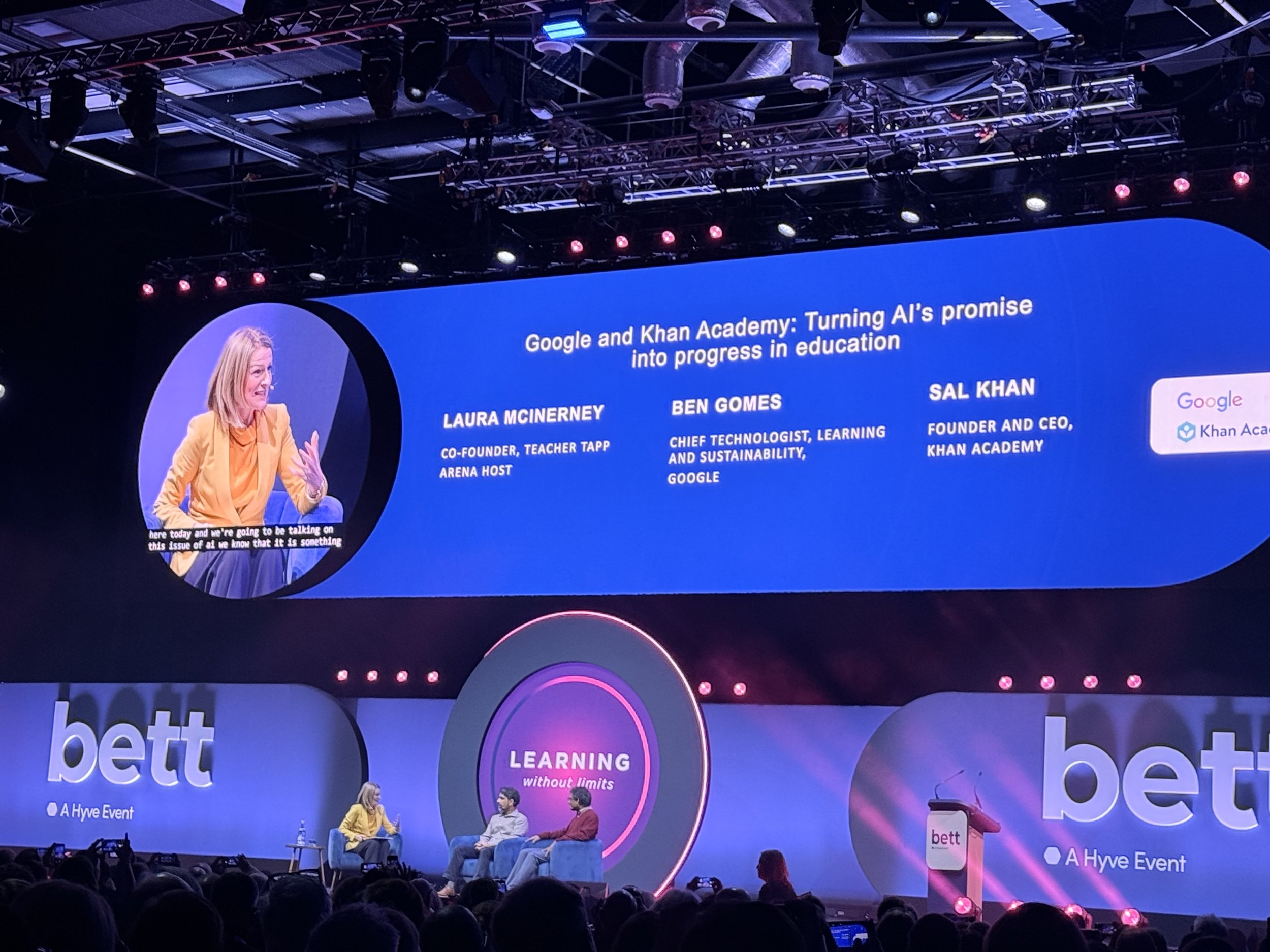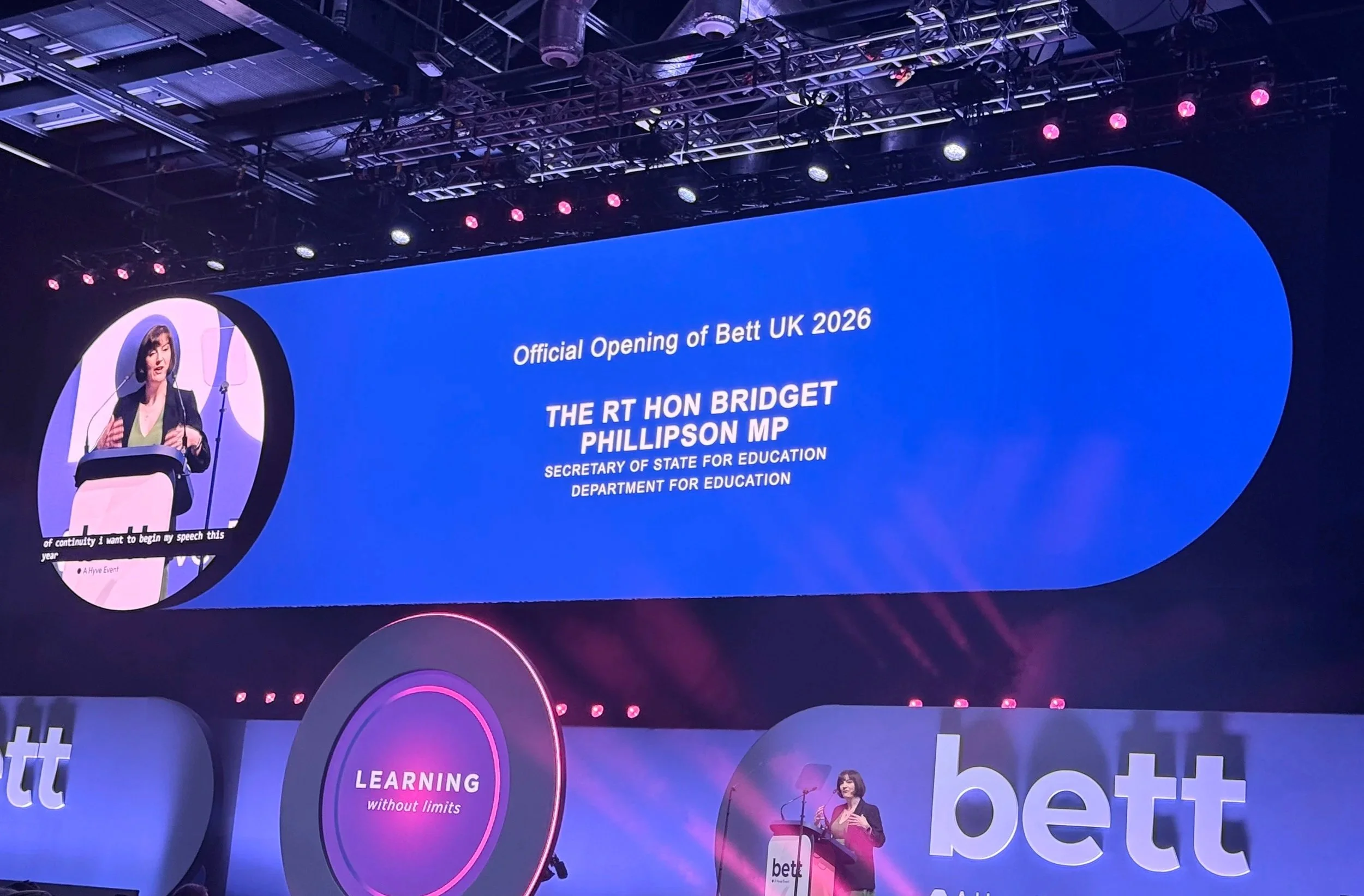Curtin University to disable Turnitin AI detection tool in 2026 as debate over reliability continues
Curtin University will stop using Turnitin’s AI writing detection feature from January 2026, while maintaining originality checks, as questions grow over the effectiveness of AI detection technologies.
Curtin University has confirmed on its university website that from 1 January 2026 it will disable Turnitin’s AI writing detection feature across all campuses and study periods.
The Australian university says the move is intended to strengthen trust and clarity in assessment, while ensuring practices remain fair and relevant.
Turnitin will continue to operate as a text-matching tool, with originality checks still in place. Curtin emphasized that assignments will continue to be reviewed for academic integrity and consistency, but AI writing detection will no longer be used.
In its update, Curtin says: “This change is about fostering trust and clarity within a modern academic culture and continuously improving our assessments to ensure they are secure, fair, relevant and future-ready.”
For the remainder of 2025, Curtin advises students to continue submitting assignments through Turnitin as usual. From 2026, the process will remain unchanged, except the AI detection function will be switched off.
The university recommends using approved tools such as Curtin Grammarly and the Authorship function, and stresses that students remain responsible for academic integrity. It also notes that new approaches to assessment may be introduced to reflect workplace use of AI and other digital tools.
Growing doubts about AI detection
Curtin’s announcement comes at a time when Turnitin’s AI detection technology is under increasing scrutiny. Earlier this month, Turnitin introduced a bypasser detection feature designed to identify text modified by “humanizer” tools intended to disguise AI-generated writing.
The launch drew mixed reactions from academics. In previous comments on LinkedIn, Dr Mark A. Bassett, Associate Professor and Academic Lead (Artificial Intelligence) at Charles Sturt University, wrote: “We’re gonna need the following: public access to the testing algorithm or API for independent verification; test results using standardized, benchmark datasets; independent third-party evaluation with reproducible methods; versioned technical reports detailing the testing methodology; statements of data provenance and consent for training/testing data.”
Other educators also questioned whether the technology could deliver consistent results. Testing by Tadhg Blommerde, Assistant Professor at Northumbria University, highlighted significant variation in how different bypasser tools were flagged.
Turnitin provided the following response to ETIH at the time:
“Turnitin has updated its AI detection model to identify leading bypassers and writing altered to mask AI origins. While no AI system can achieve zero false positives, our models are continuously researched, tested, and refined to adapt to new large language models and bypassing techniques. Our tools provide insights that help instructors focus their time and energy on what matters most, teaching and guiding students, while keeping human judgment essential in determining originality and integrity.”
Curtin’s decision to remove the AI detection feature has been noted by academics following the debate closely.
On LinkedIn, Dr Mark A. Bassett, Associate Professor and Academic Lead (Artificial Intelligence) at Charles Sturt University, wrote: “Kudos to Curtin University for joining the growing list of providers that are abandoning this deeply flawed technology.”
The ETIH Innovation Awards 2026
The EdTech Innovation Hub Awards celebrate excellence in global education technology, with a particular focus on workforce development, AI integration, and innovative learning solutions across all stages of education.
Now open for entries, the ETIH Innovation Awards 2026 recognize the companies, platforms, and individuals driving transformation in the sector, from AI-driven assessment tools and personalized learning systems, to upskilling solutions and digital platforms that connect learners with real-world outcomes.
Submissions are open to organizations across the UK, the Americas, and internationally. Entries should highlight measurable impact, whether in K–12 classrooms, higher education institutions, or lifelong learning settings.
Winners will be announced on 14 January 2026 as part of an online showcase featuring expert commentary on emerging trends and standout innovation. All winners and finalists will also be featured in our first print magazine, to be distributed at BETT 2026.
To explore categories and submit your entry, visit the ETIH Innovation Awards hub.

























